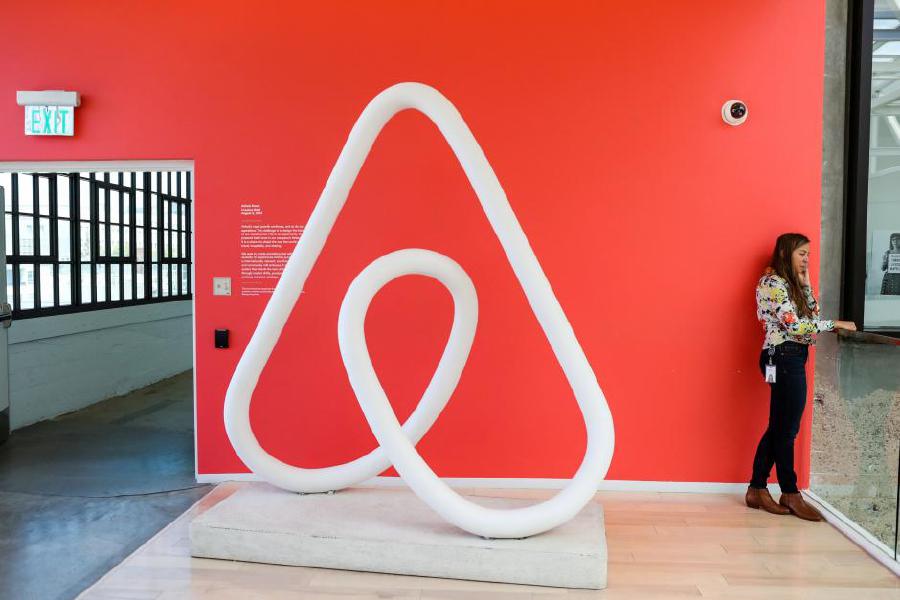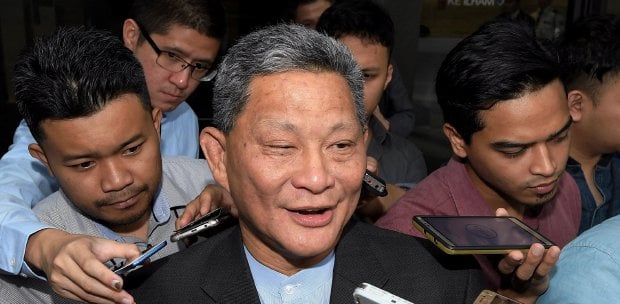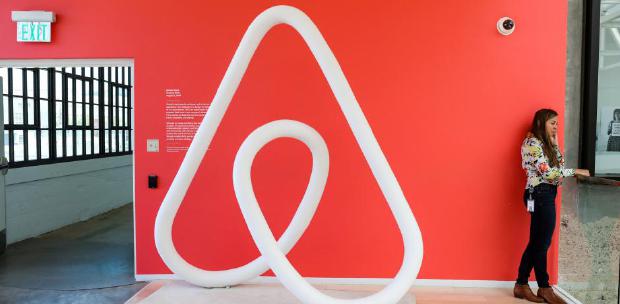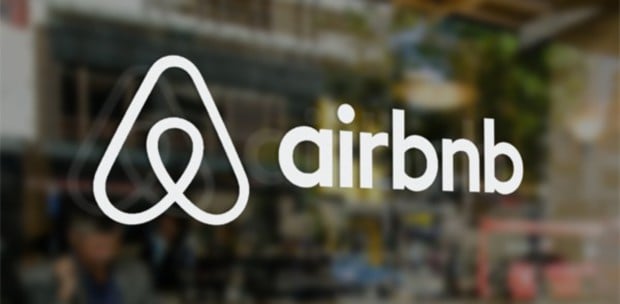Holistic learning: The education system should strive for a good blend and balance of both the arts and the sciences. – 123rf.com
Two relatively recent movies, UFO (2020) and Arrival (2018), have got me wondering – if we do encounter aliens, who would become the hero or protagonist?
In UFO, it was a mathematician who deciphered the alien telecommunication signal and uncovered government attempts to keep the public ignorant.
In Arrival, it was a linguist who managed to learn the alien’s language and establish communication.
This got me thinking about the importance of both sciences (as represented by mathematics) and the arts (as represented by linguistics), although the latter is frequently given short shrift in our Malaysian education system.
In our current education system, the emphasis is on science, technology, engineering and mathematics (STEM). Non-STEM disciplines like social sciences, humanities, languages and fine arts are often perceived as less important, prestigious or “glamorous”.
The nationwide matriculation college system was specifically established to promote STEM disciplines. The naming of our public universities, such as Universiti Sains Malaysia and Universiti Teknologi Malaysia, pays tribute to the sciences.
While our education system does make it compulsory for everyone to take Bahasa Melayu and History in secondary school, General Studies for the Sijil Tinggi Persekolahan Malaysia, and several General Subjects in colleges or universities, many students take these subjects without much enthusiasm – just to pass them and “get it over with”.
Globally, North American, European and East Asian countries are currently powerhouses in science and technology.
The arts, however, are traditionally held in very high regard in China and Europe, and have arguably set the foundation for their subsequent progress and development.
In ancient China, steeped in Confucianism, government officials are required to excel in the “Six Arts” of etiquette, music, archery, chariot riding, calligraphy and literature, and mathematics.
Similarly, in medieval Europe, the aristocratic class was schooled in horsemanship, fencing, good manners, music, painting, mathematics, languages, literature and history.
In both settings, the emphasis was on a holistic education with art subjects given prominence. Thus, mastery of the arts was the mark of a learned Confucian scholar and an aristocratic European gentleman.
Back to these two movies – they provoke our thoughts and make us reflect on our assumptions. This contrasts with most movies, which tend to numb our brains, requiring us to suspend logic and cast aside our intellect to enjoy them.
Don’t get me wrong, I love Marvel and Star Wars movies for their great entertainment value – provided one does not overthink and assume that aliens generally speak English and are humanoid in appearance.
The storyline of Arrival is particularly captivating for me as it revolves around the real-life Sapir-Whorf hypothesis in anthropology, stunningly transformed from a dry textbook theory into a Hollywood movie.
In a nutshell, this hypothesis states that one’s world view and reality are shaped by one’s language. In other words, an English speaker will view and experience the world in a different light from a Malay, Chinese or Tamil speaker. For dramatic effect, the movie takes this hypothesis to the extreme when the protagonist learns the alien’s language. But of course, we don’t need an alien encounter to reflect on the Sapir-Whorf hypothesis. Language is used to communicate and describe both the physical and social worlds, and it undoubtedly influences our thinking and perceptions.
Learners of Chinese are drilled to always “write inside the box” and place great emphasis on conformity. Learners of English are drilled in past, present and perfect tenses, and they generally place a high value on timeliness. Speakers of multiple languages are thus able to access multiple perspectives and world views – a boon for a multiethnic society like Malaysia. The current phenomenon of artificial intelligence and machine learning has introduced an interesting new perspective: what world views, if any, do computer algorithms occupy, and are we able to access them?UFO and Arrival showcase the value of the film industry in engaging the public with academia.
In these movies, academic theories and mathematics are presented to a wide audience and applied in a realistic, albeit fictionalised, manner. In the process, these movies stimulate interest in learning and the pursuit of knowledge, both in the sciences and the arts.It is worth revisiting the earlier issue of the preference for the sciences in our Malaysian education system. Movies are a product of both the sciences and the arts.
The computer-generated imagery, sound engineering and cinematography are undoubtedly science-based. The storyline, music, acting and directing are undoubtedly arts-based.
A good blend and balance of all these elements create a good movie.
Our Malaysian education system should learn from the film industry. There should not be a lopsided focus on the sciences at the expense of the arts; rather, a good blend and balance of both should be what we strive for because only then can great education be produced.
Dr Wong Teik Aun, a principal lecturer at the Centre of Australian Degree Programmes at INTI International College Penang, enjoys writing on subjects close to his heart and has published On the Beaten Track Nepal: The Himalayas, Symphony and Synchrony: An Orchestra of Ideas and Tales of Animal Lovers. He has also contributed numerous academic articles to internationally ranked journals. The views expressed here are the writer’s own.
Related











